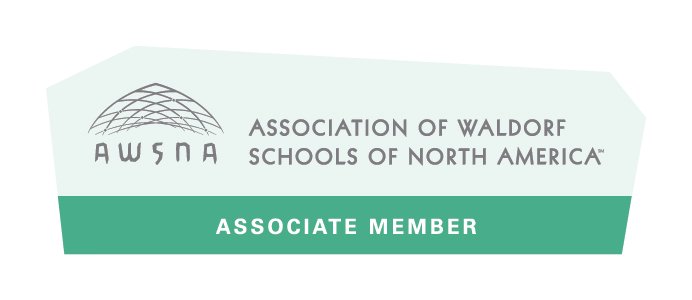Second grade teacher, Ieeda Rico, shared the story of Saint Francis in The Wolf of Gubbio with her students. The story is one of forgiveness and compassion for humans and animals alike.
After she shared this story, the class visited some local animals in need at the MSPCA. The children brought items to the animals that the shelter requested to provide them with the care they need. This act of selflessness and compassion towards the animals was a way for the students to relate what they learned about Saint Francis to their own experience. When children are given this opportunity, they are interested, alive, and what they learn becomes their own. Waldorf schools are designed to foster this kind of learning.
“The children were so excited to have an opportunity to bring their individual gifts to the shelter, and meet the animals and staff that would directly benefit from their thoughtfulness. What a great way to directly experience the story and lessons of true compassion and giving that we are taught by great individuals in history, like St. Francis.”
Ms. Rico, Second Grade Teach, WSCC
What They Learn Becomes Their Own
To be properly prepared for life in our world today, children need more than an education designed only to promote cognitive ability and gathering information. There are actually three capacities children need to develop - imaginative thinking, emotional involvement, and determination. When emotional involvement becomes part of a child's education, what they learn becomes their own.
Emotional Involvement
Emotional involvement is an essential part of a child's education which has been missed in most current educational settings. It is imperative that education directly touch the hearts of children, to help them care about their fellow human beings.
This story is an example of one way Waldorf Schools help children become emotionally involved in what they learn which becomes part of who they are as human beings.





